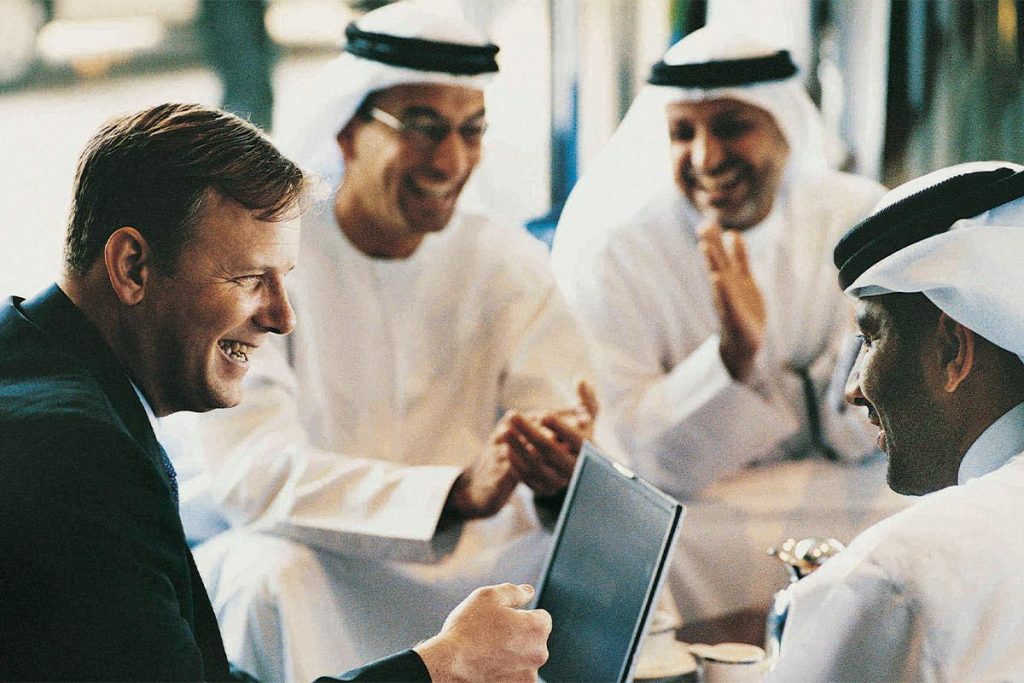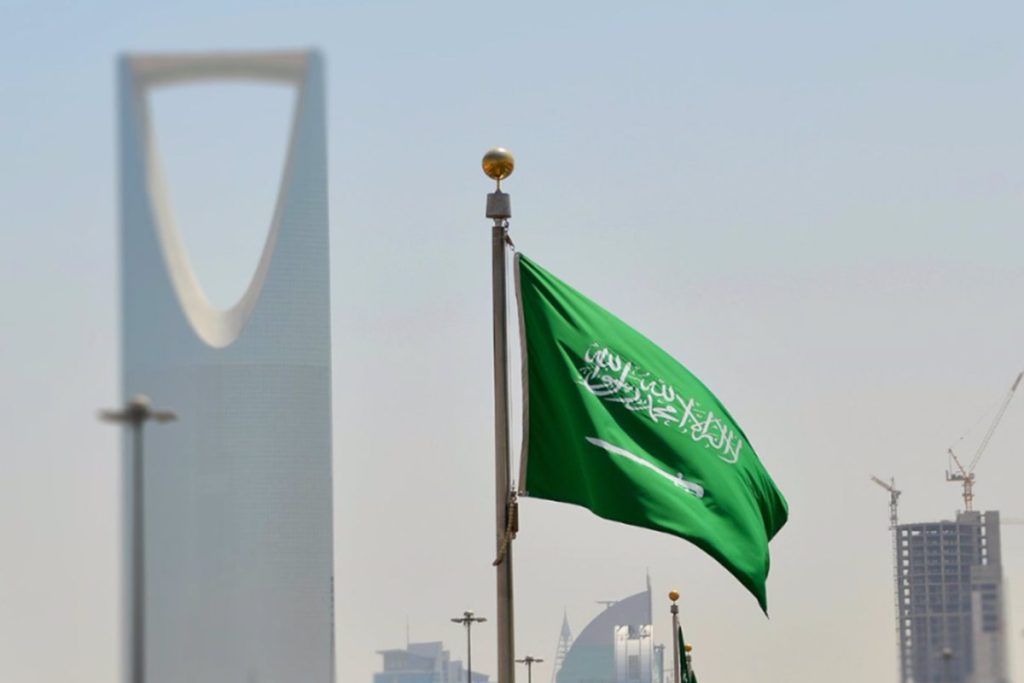+973 3373 3381
Phone Number
setupinsaudiarabia@gmail.com
Email Address
Mon - Thu: 8:00 - 5:00
Working Hours
Phone Number
Email Address
Working Hours
July 21, 2025

Saudi Arabia’s real estate market is undergoing a massive transformation, driven by Vision 2030, foreign investment reforms, and major infrastructure megaprojects like NEOM, The Line, and Qiddiya. With a growing population, increased urbanization, and government-backed housing initiatives, the demand for residential, commercial, and luxury properties is surging.
So, what are the key trends, opportunities, and risks shaping Saudi Arabia’s real estate sector in 2025? Let’s explore.
✔ Overview of Saudi Arabia’s Real Estate Market in 2025
✔ Top Trends Driving Saudi’s Real Estate Boom
✔ Residential vs. Commercial Real Estate: Which is More Profitable?
✔ Government Policies & Foreign Investment Regulations
✔ Smart Cities & AI-Driven Real Estate Development
✔ Best Cities in Saudi Arabia for Real Estate Investment
✔ Opportunities for Local & International Investors
✔ Future Predictions: What’s Next for Saudi’s Real Estate?
✔ FAQs: Answering Common Questions About Saudi Arabia’s Real Estate Market
The Saudi real estate sector is one of the fastest-growing in the Middle East, driven by:
✔ Population Growth – Saudi Arabia’s population is projected to reach 40 million by 2030, increasing housing demand.
✔ Mega Infrastructure Projects – NEOM, Qiddiya, and The Red Sea Project are attracting global investors.
✔ Foreign Investment Reforms – 100% foreign ownership is now allowed in many real estate sectors.
✔ Sustainability & Smart Cities – AI-powered developments like The Line are reshaping urban living.
✔ Smart Cities & AI-Powered Developments – The Line, NEOM, and other smart cities are revolutionizing urban planning.
✔ Increase in Foreign Investors – New policies allow expats & international companies to own real estate.
✔ Luxury & Tourism Developments – High-end resorts and Saudi’s Vision 2030 push for global tourism are driving demand for premium real estate.
✔ Growing Demand for Affordable Housing – The Saudi government is investing in residential housing projects for middle-income citizens.
✔ Commercial Real Estate Boom – Office spaces, retail centers, and logistics hubs are expanding due to the growth of e-commerce and digital businesses.
Investors often wonder: Is it better to invest in residential or commercial real estate?
| Category | Residential Real Estate 🏡 | Commercial Real Estate 🏢 |
|---|---|---|
| ROI (Return on Investment) | 5-7% annually 📈 | 7-10% annually 📊 |
| Demand | High due to population growth 👨👩👧👦 | Increasing due to business expansion 💼 |
| Rental Income | Steady but lower 📉 | Higher but depends on market conditions 📊 |
| Risk Level | Moderate ⚖️ | Higher (economic fluctuations affect demand) ⚠️ |
| Best Locations | Riyadh, Jeddah, Dammam 🌍 | NEOM, Riyadh, Red Sea Project 🏙️ |
📌 Key Takeaway: Commercial real estate has higher returns, but residential real estate is more stable and in constant demand.
Saudi Arabia has made it easier for foreigners to invest in real estate.
✔ 100% Foreign Ownership – Expats and global investors can now buy properties in most real estate sectors.
✔ No Minimum Investment Requirement – Previously, foreign investors had to invest over $1 million—this restriction has been removed.
✔ Tax Incentives for Developers – Real estate developers benefit from reduced corporate taxes and construction subsidies.
✔ New Mortgage Laws – Expats can now apply for mortgages from Saudi banks.
Saudi Arabia’s real estate future is digital.
✔ AI-Powered Property Management – Smart sensors optimize energy, security, and maintenance.
✔ Sustainable & Green Buildings – NEOM and The Line use solar, wind, and water recycling technologies.
✔ Self-Driving Public Transport – AI-driven metro systems increase property values near transit hubs.
✔ Blockchain-Powered Real Estate Transactions – Faster, more secure property deals.
1️⃣ Riyadh – The financial & business capital, with high demand for luxury apartments & commercial offices.
2️⃣ Jeddah – A growing tourism & entertainment hub, with strong demand for residential & beachfront properties.
3️⃣ NEOM – The world’s first AI-powered smart city, attracting tech entrepreneurs & global investors.
4️⃣ Dammam – A major industrial & logistics hub, great for warehouse & retail real estate investments.
5️⃣ The Red Sea Project – Saudi Arabia’s luxury tourism destination, perfect for hotel & resort investments.
✔ More Foreign Investment – International real estate firms will increase their presence in Saudi Arabia.
✔ Green & Sustainable Real Estate Growth – Demand for solar-powered homes & eco-friendly office buildings will rise.
✔ Tech-Driven Housing Developments – AI & blockchain will streamline property transactions & smart home automation.
✔ Luxury Market Expansion – Saudi’s focus on tourism will boost demand for premium real estate & resorts.
We are committed to providing exceptional service and ensuring your long-term success in Saudi Arabia. Our team of experts will guide you through every step of the process, from initial consultation to post-incorporation support.
Saudi Arabia’s real estate market is expected to reach $2.5 trillion by 2030, with a compound annual growth rate (CAGR) of 9.5%.
✔ $1 Trillion+ Invested in Mega Projects – NEOM, Qiddiya, and The Red Sea Project.
✔ Population Growth – Projected to reach 40 million by 2030, increasing housing demand.
✔ Foreign Investment Surge – More global investors entering the market due to relaxed ownership laws.
✔ Tech & AI Adoption in Real Estate – Smart buildings, blockchain transactions & AI-powered property management.
✔ Luxury & Tourism Expansion – High demand for resorts, beachfront villas, and branded residences.
Vision 2030 is not just a policy—it’s a game-changer for real estate development in the Kingdom.
✔ 100% Foreign Ownership – Global investors can now buy property without a local sponsor.
✔ Massive Urban Expansion – New cities, highways, and commercial zones boosting property values.
✔ Housing for Saudi Nationals – Government programs financing new residential housing projects.
✔ AI-Powered Smart Cities – NEOM & The Line are shaping the future of urban living.
Saudi Arabia’s mega projects are driving real estate demand like never before.
✔ NEOM & The Line – Prices for land & luxury villas near NEOM are rising by 20% annually.
✔ Qiddiya & Red Sea Project – Resorts & tourism hubs are attracting high-end real estate buyers.
✔ Riyadh Metro Expansion – Property prices near metro stations & transport hubs are increasing.
📌 Pro Tip: Investing in properties near mega-projects can result in long-term capital appreciation.
Saudi Arabia’s urban housing is evolving with tech-driven residential communities.
✔ Co-Living Spaces – Affordable housing options for young professionals & expats.
✔ Gated Smart Communities – AI-powered security, energy-efficient homes & automated parking.
✔ Green & Sustainable Housing – Solar-powered villas & eco-friendly apartments.
Saudi Arabia is rapidly becoming a global luxury real estate hotspot, similar to Dubai.
✔ Waterfront Villas in The Red Sea Project – High demand from global buyers.
✔ Luxury High-Rise Apartments in Riyadh & Jeddah – Inspired by Dubai’s premium real estate.
✔ Branded Residences & Serviced Apartments – International hotel brands investing in Saudi real estate.
Saudi Arabia is embracing AI, blockchain, and digital contracts for real estate transactions.
✔ AI-Powered Real Estate Platforms – Virtual property tours & AI-driven pricing.
✔ Blockchain for Secure Transactions – Smart contracts & decentralized property ownership.
✔ Paperless Mortgage Approvals – AI-driven lending making real estate financing faster.
✔ New Mortgage Laws – Expats can now apply for home loans from Saudi banks.
✔ Government-Backed Housing Loans – Available for Saudi nationals.
✔ Real Estate Crowdfunding – New investment model allowing shared property ownership.
📌 Pro Tip: Expats & foreign investors can now access mortgage options in Saudi Arabia for the first time.
✔ Invest in Mega Projects – NEOM, The Line, & Red Sea properties will yield high long-term profits.
✔ Focus on Smart Cities – AI-driven infrastructure increases property value faster than traditional real estate.
✔ Commercial Real Estate Near Business Hubs – Office space in Riyadh & Jeddah will continue to grow in demand.


✅ Yes! Saudi Arabia has made huge reforms in foreign property ownership, allowing 100% foreign ownership in most real estate sectors.
✔ Before 2021 – Foreigners were only allowed to own property in specific zones with a Saudi sponsor.
✔ Now in 2025 – Foreigners can buy, sell, and lease property without a local partner in most cities.
❌ Makkah & Madinah: Foreigners cannot buy property directly but can lease long-term (99-year leases).
❌ Government-Owned Development Projects: Some strategic areas require approval.
Yes! Expats living in Saudi Arabia can now:
✔ Buy residential property in Riyadh, Jeddah, Dammam & NEOM.
✔ Apply for mortgages from Saudi banks (previously restricted to Saudi nationals).
✔ Invest in commercial real estate with government approval.
Commercial real estate is currently the most profitable investment sector due to the rapid expansion of business hubs and smart cities.
✔ Growing Business & Tech Hubs – Riyadh & NEOM are attracting global companies needing office spaces.
✔ Retail & Hospitality Demand – The tourism boom is increasing demand for hotels, malls & mixed-use developments.
✔ Industrial & Warehouse Growth – The rise of e-commerce & logistics has fueled demand for warehouse spaces.
| Investment Type | Average ROI (%) | Best Locations |
|---|---|---|
| Residential Apartments | 5-7% annually 📈 | Riyadh, Jeddah, Dammam 🏙️ |
| Villas & Luxury Homes | 7-10% annually 🏡 | Red Sea, Jeddah, NEOM 🌊 |
| Retail Spaces & Malls | 10-12% annually 🏬 | Riyadh, Qiddiya, Jeddah 🛍️ |
| Offices & Business Hubs | 12-15% annually 🏢 | Riyadh, NEOM, Financial District 💼 |
| Logistics Warehouses | 15-18% annually 📦 | Dammam, Riyadh, Red Sea Port 🚢 |
📌 Key Takeaway: Investors looking for high rental yields should focus on commercial real estate, while long-term growth is stronger in luxury and residential properties.
Saudi Arabia’s top cities for real estate investment vary based on investment goals (residential, commercial, tourism, or tech hubs).
| City | Best for… | Why? |
|---|---|---|
| Riyadh 🏙️ | Business, tech, and corporate real estate | Saudi Arabia’s economic hub with rising office & retail demand 💼 |
| Jeddah 🌊 | Tourism, waterfront luxury, and mixed-use properties | Gateway to the Red Sea, with a thriving hospitality & tourism sector 🏝️ |
| NEOM 🤖 | Smart city investments, futuristic real estate | The world’s first AI-driven city, attracting global tech companies & residents 🚀 |
| Dammam ⚡ | Industrial & logistics investments | Saudi’s logistics and manufacturing hub, ideal for warehouses & industrial spaces 📦 |
| Red Sea Project 🏝️ | Luxury hotels, resorts, and branded residences | The fastest-growing luxury tourism hub, similar to Dubai’s Palm Jumeirah 🏨 |
Saudi Arabia offers a wide range of real estate investments, from budget-friendly apartments to multi-million dollar commercial properties.
| Investment Type | Minimum Capital Needed |
|---|---|
| Apartments (Mid-Range) | $100,000 – $300,000 |
| Luxury Villas & Waterfront Homes | $1M – $10M |
| Retail Shops & Malls | $1M – $20M |
| Office Spaces (Riyadh, NEOM) | $2M – $15M |
| Warehouses & Industrial Spaces | $10M+ |
✅ Real estate prices in Saudi Arabia have been rising due to high demand, foreign investment, and major infrastructure projects.
| City | 2022 Price Per Sq Meter | 2025 Projected Price | % Increase |
|---|---|---|---|
| Riyadh (Business Districts) | $5,500 | $7,500 | +36% |
| Jeddah (Waterfront Properties) | $4,200 | $6,500 | +55% |
| NEOM (Smart City Housing) | $3,800 | $8,000 | +110% |
| The Red Sea Project (Luxury Real Estate) | $6,000 | $12,000 | +100% |
While the Saudi market is one of the most lucrative in the Middle East, investors should be aware of:
❌ Regulatory Changes – Some government policies may change investment regulations.
❌ High-Value Luxury Market Risks – Luxury investments can be volatile if tourism demand fluctuates.
❌ Liquidity Issues – Unlike stocks, real estate is a long-term investment.
Do not hesitate to contact us. We’re a team of experts ready to talk to you.